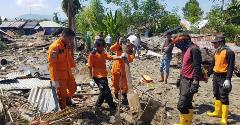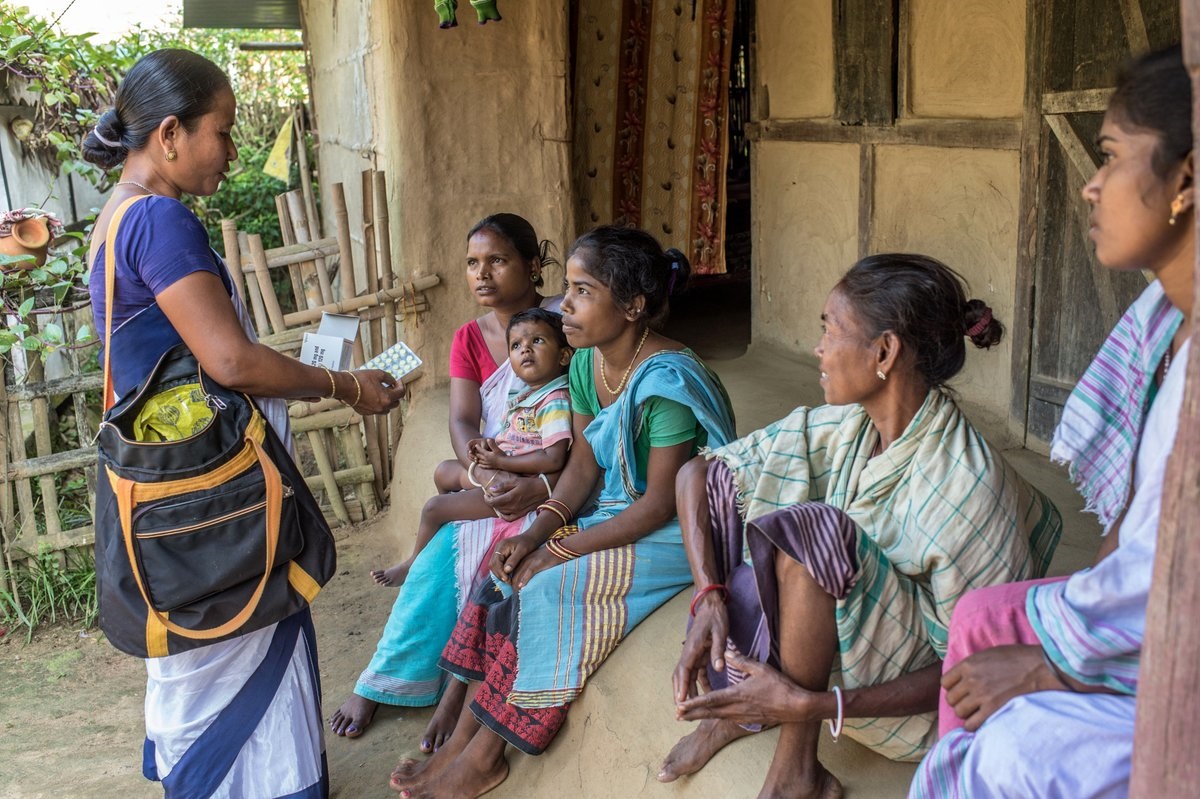By Dr Poonam Khetrapal Singh, WHO Regional Director for South-East Asia
On World Diabetes Day, WHO is calling for increased access to quality diabetes education for health and care workers, the public and people living with diabetes as part of efforts to achieve access for all to quality, affordable diabetes care. Globally, around 422 million people have diabetes, and 1.5 million deaths are directly attributed to diabetes every year. In the WHO South-East Asia Region, more than 96 million people are estimated to have diabetes, and another 96 million to be pre-diabetic, causing at least 600 000 deaths annually. By 2045, unless urgent action is taken, the prevalence of diabetes in the Region is expected to increase by 68%.
Diabetes is a chronic metabolic disease that if detected late, or improperly managed, can lead to serious and life-threatening damage to the heart, blood vessels, eyes, kidneys and nerves. The risk of type 2 diabetes can be reduced through regular and adequate physical activity, healthy eating, and by avoiding tobacco and harmful use of alcohol. If developed, type 2 diabetes can be managed through medication, control of blood pressure and lipids, and adherence to a healthy lifestyle. Type 1 diabetes, which affects more than 250 000 children and adolescents in the Region, cannot currently be prevented, but can be managed. For people living with both types of diabetes, access to affordable treatment – including insulin – is critical to their survival.
The Region continues to take targeted action to address diabetes, in line with its Flagship Priorities on preventing and controlling noncommunicable diseases (NCDs) and achieving universal health coverage (UHC), as well as its recently adopted Implementation Roadmap on NCD prevention and control 2022–2030. Almost all countries now have in place standardized treatment guidelines for diabetes, and most provide at least one hypoglycemic drug at the primary health care (PHC) level. Across the Region, the WHO HEARTS–D technical package is supporting PHC personnel to diagnose, treat and manage diabetes, accelerating Region-wide efforts to reorient health systems – including NCD care – to the PHC level.
In 2021, amid the COVID-19 response, WHO supported the delivery of insulin donations to Bhutan, Maldives, Nepal, Sri Lanka and Timor-Leste, alongside 45 other low- and middle-income countries globally. The Region is currently on track to achieve a 30% relative reduction in tobacco use prevalence between 2010 and 2025, and last year launched a Regional Roadmap on implementing the Global Action Plan on Physical Activity 2018–2030. The Roadmap will help Member States achieve a 15% relative reduction in the prevalence of insufficient physical activity by 2030, which will in turn help them to reduce expected increases in new diabetes cases.
WHO is calling for action in several key areas. First, policy makers should set time-bound targets to address gaps in service coverage, with a focus on equity and leaving no one behind. Second, high-impact, cost-effective and context-appropriate interventions must continue to be identified and implemented. For this, the Global Diabetes Compact, launched in April 2021, calls for targeted efforts to enhance community empowerment and increase private sector engagement.
Third, policy makers should continue to strengthen PHC service delivery, ensuring that diabetes screening and care is available, accessible, acceptable, and of adequate quality, without discrimination, accelerating momentum from the 2016 Colombo Declaration. Fourth, countries must continue to promote access to essential medicines and priority devices, including insulin, in national benefit packages – a key focus of the Region’s Flagship Priority on UHC.
To help stop the rise in diabetes, and protect tomorrow, education on diabetes must continue to be strengthened. From the primary level up, health and care workers must have the resources and knowledge to detect diabetes early, and to adequately care for people living with diabetes. People living with diabetes must have access to in-depth knowledge on how best to manage their condition, which may include compliance with medication and regular check-ups. And the general public must be fully aware of how to prevent diabetes – for example by adopting a healthy lifestyle – and to detect its signs and symptoms, such as the need to urinate often, thirst, constant hunger, weight loss, vision changes and fatigue.
Not a second can be spared. The COVID-19 pandemic has disproportionately impacted people living with NCDs. It has highlighted the many health, social and economic benefits that adequate and sustained action against NCDs will bring. People living with diabetes have a 1.5-fold higher risk of getting infected with TB. Gestational diabetes increases the risk of neonatal morbidity and mortality, as well as the likelihood of developing diabetes later in life. On World Diabetes Day, WHO reiterates its commitment to support all countries of the Region to promote and implement policy, legislative, and regulatory measures to reduce the risk of diabetes, and to bring quality, affordable diabetes care to all who need it, leaving no one behind.






